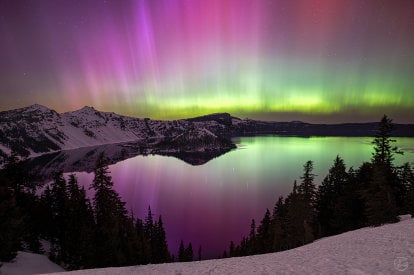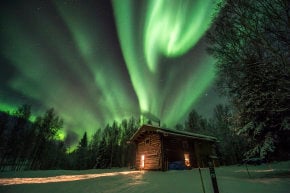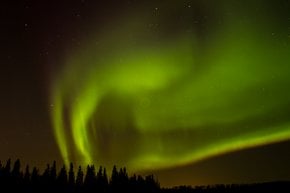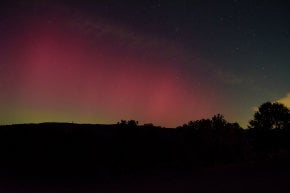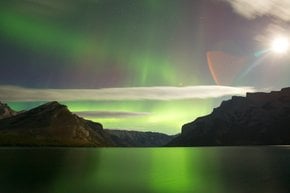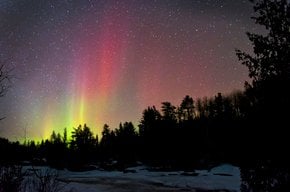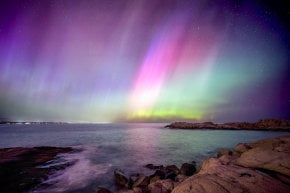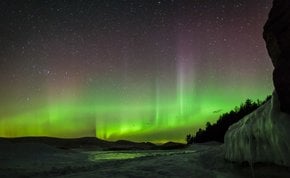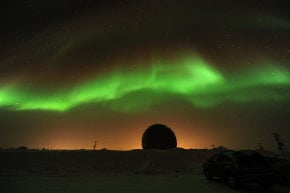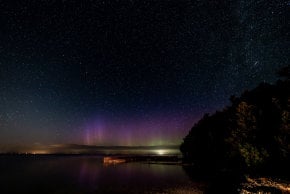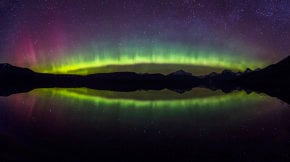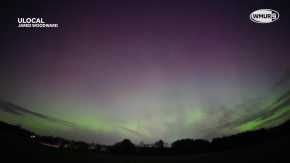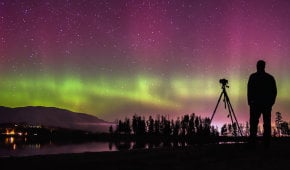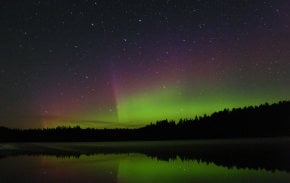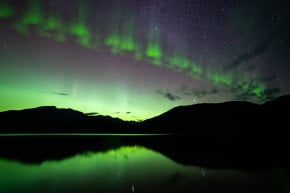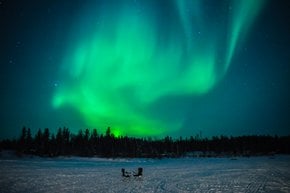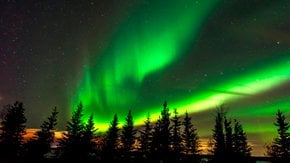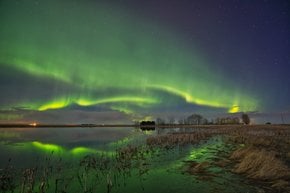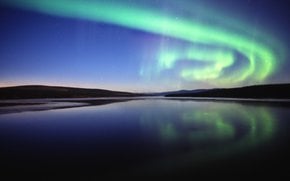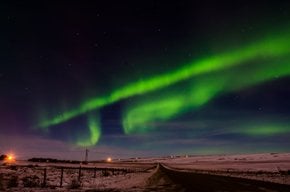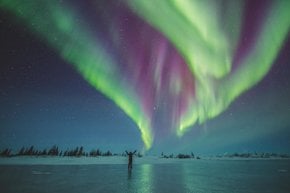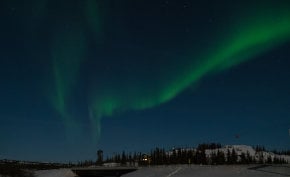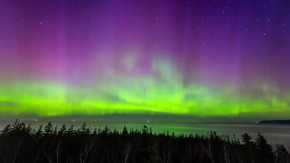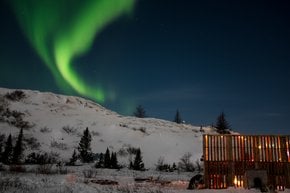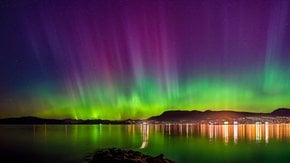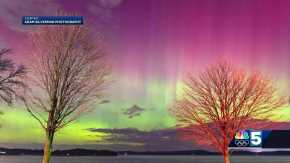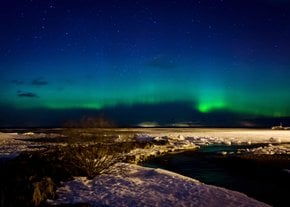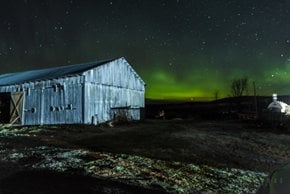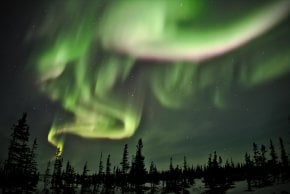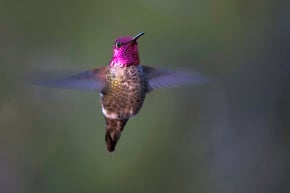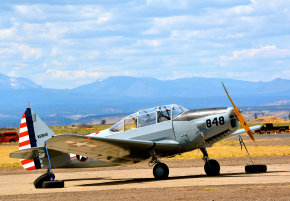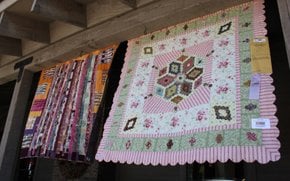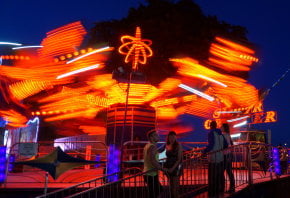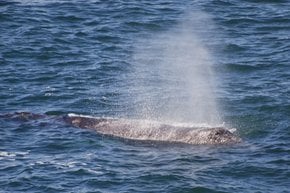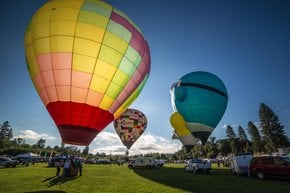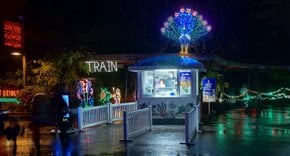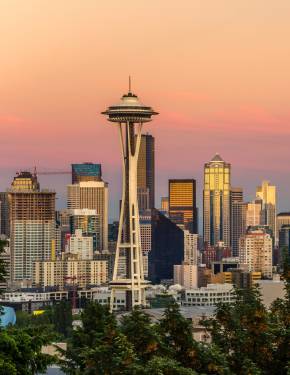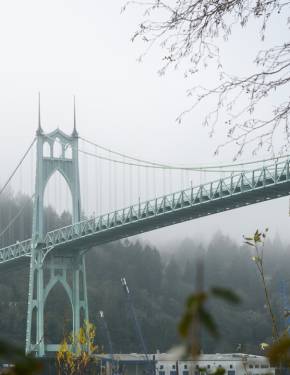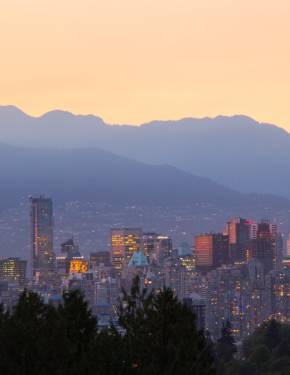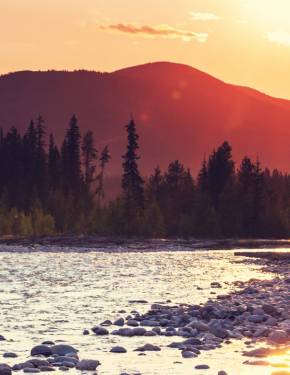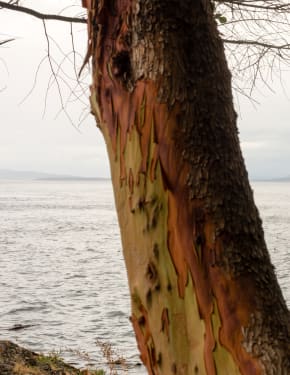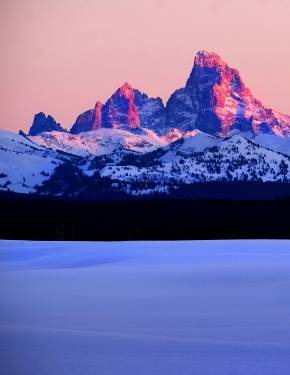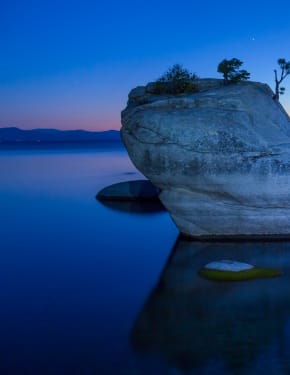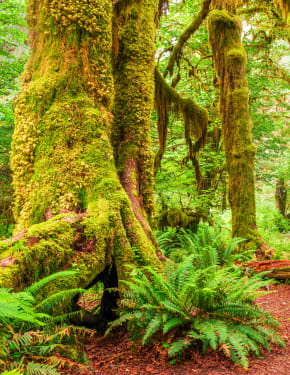Northern Lights in Oregon 2025-2026
Top spots in Oregon to see the amazing aurora borealis
Best time: late August–mid-April
With a bit of luck, you don't have to go all the way to Alaska to see the beautiful natural phenomenon of northern lights in the US. It’s actually possible to see the elusive dancing lights at several places in Oregon. Top spots include Oregon Coast, The Crater Lake National Park, and various other places around Portland. However, you have to keep your expectations low since a lot of patience and sleepless nights are required to catch a glimpse of the elusive lights.
Aurora Borealis Forecast
The best time to see northern lights in North America is from late August to mid-April. However, there is a number of conditions that have to be met. Most importantly, geomagnetic or solar activity that causes the beautiful phenomenon has to reach its highest levels. It's measured in Kp-Index on a scale from 0 to 9. You'll need a Kp-Index of at least 7 to be able to see the aurora borealis in Oregon. Also, you'll need a new moon and no light pollution in the area to be able to see at least a faint glow. Chasing aurora is not easy, however, there are many websites that can help. Some of the trusted sources include and the Space Weather Prediction Center (SWPC) and the Geophysical Institute at the University of Alaska Fairbanks.
Best Places to See Northern Lights in Oregon
Some of the prime locations where you can witness this majestic phenomenon include the Crater Lake National Park, which boasts the deepest lake in the United States, and L.L. Stub Stewart State Park near Portland, frequently visited by stargazing enthusiasts in the area.
Crater Lake National Park
Crater Lake National Park in southwest Oregon is one of the best places to see northern lights in the Northwest. Its main attraction is a crater lake with stunning blue water nestled in the Cascade Mountain Range. Due to the absence of light pollution, it is an ideal place for stargazing and aurora watching. The park is equipped with numerous overlooks and pullouts, which offer unique views of the lake and the sky phenomenon. Thirty popular overlooks are scattered along the 33 miles (53 km) of the scenic Rim Drive, which is normally open to visitors during late spring, summer and early fall.
Accomodation & Camping
The park has two developed campgrounds, where aurora chasers can spend the night: Mazama Campground and Lost Creek Campground. However, the Mazama Campground is only open from June through September, while the Lost Creek Campground is closed for 2024. Other accommodation options include the Crater Lake Lodge, which is open from mid-May to mid-October, and the Cabins at Mazama Village, operating from late May until September.
Tickets & Hours
Crater Lake National Park is open year-round, but some facilities and roads might be closed due to snowstorms, melting snow, and other weather conditions. Entry to the park requires a pass, which costs $15 per person, snowmobile, or a motorcycle, $20 per private vehicle from November until late May, and $30 per private vehicle from late May until late October. Annual pass costs $55. Seniors over 62 years old can purchase an annual pass for $20 or a lifetime senior pass for $80. US military personnel and veterans can enter for free.
L.L. Stub Stewart State Park near Portland
Located just 33 miles (53 km) northwest of Portland, the L.L. Stub Stewart State Park has been one of the most frequented destinations by aurora chasers from the Rose City area. The park is known as being the gathering spot for astronomers and stargazers due to decreased levels of light pollution and lots of spots to view the sky. Hikers will especially enjoy 30 miles (48 km) of challenging and picturesque trails. If you'd like to stay longer at the park, the Dairy Creek Campground is open year-round, as well as numerous spots for tents and RVs.
To enter the park, you need to purchase either a daily pass, which costs $5, or an annual pass, which costs $30. A two-year pass costs $50. The park is open year-round for day-time use, but some facilities might close during the night or certain seasons.
Best Places to View Aurora on Oregon Coast
Coastal towns and beaches can witness the northern lights when the skies are clear and geomagnetic conditions are right. In the northern part of the Oregon Coast, aurora chasers often head to the towns of Cannon Beach, Manzanita, Pacific City, and Newport. Cannon Beach in particular boasts a stunning Ecola State Park with cliffside views, perfect for aurora sightings. Southern Oregon coast features locations like Bandon and Gold Beach.
Ecola State Park in Cannon Beach
Nestled between the coastal cities of Seaside and Cannon Beach, Ecola State Park stands out among other state parks for its diverse vistas and beach landscapes. While hiking some of the trails in the park, you'll be treated to the unique sights of Tillamook Head, standing tall on the Pacific coast, hidden nooks of the ocean bays, and the abandoned lighthouse. Indian Beach is a popular attraction and offers perfect viewpoints of aurora borealis against the ocean backdrop. The northern slope of the Tillamook Head is another spot to witness northern lights. The park requires a $5 entrance pee or an annual $30 pass.
Practical info
External resources
- National Oceanic and Atmospheric Administration: Aurora—30-minute forecast (Official website)
- Geophysical Institute at the University of Alaska Fairbanks: Aurora Forecast (Official website)
- Crater Lake National Park (Official website)
- L.L. Stub Stewart State Park (Official website)
- Ecola State Park (Official website)

